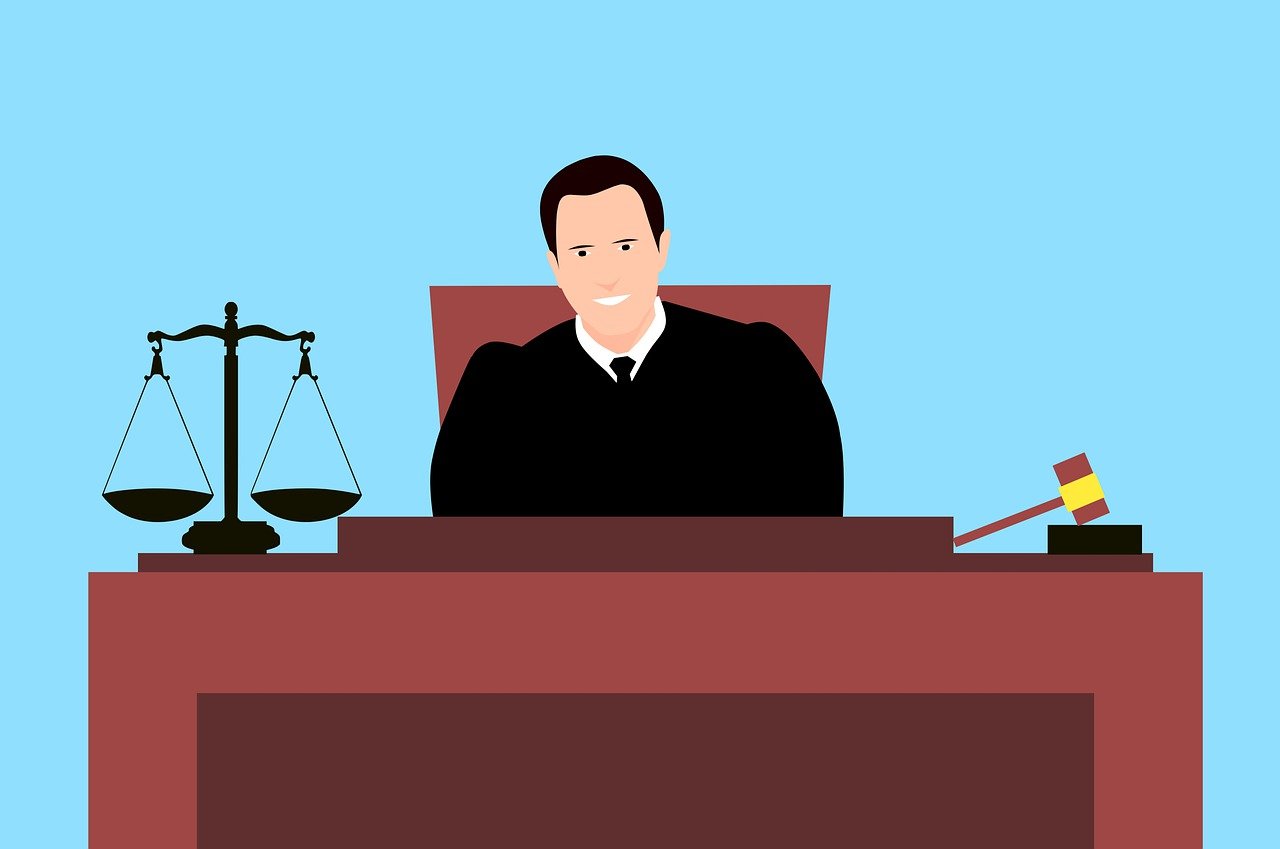Terms Everyone in the estate litigation lawyer Industry Should Know
Introduction:
The estate litigation lawyer industry is a complex and specialized field that deals with legal disputes and conflicts arising from the administration of estates. To navigate this industry effectively, it is important for professionals to be familiar with key terms and concepts. Understanding these terms not only enhances communication and collaboration within the industry but also ensures that clients receive the best possible legal representation. In this case study, we will explore some essential terms that everyone in the estate litigation lawyer industry should know, providing a foundation for effective practice and client service.
Terms Everyone in the Estate Litigation Lawyer Industry Should Know
- Probate:
Probate is the legal procedure for managing a deceased person’s estate. It involves validating the deceased’s will, identifying and valuing assets, paying debts and taxes, and distributing the remaining assets to beneficiaries. Estate litigation lawyers often handle probate disputes, such as challenges to the validity of a will or claims of undue influence.
- Intestate:
Intestate refers to the situation where a person dies without a valid will. In such cases, the distribution of the deceased’s assets is determined by the laws of intestacy, which vary depending on the jurisdiction. Estate litigation lawyers may be involved in intestate disputes, such as disagreements over the rightful heirs or the interpretation of intestacy laws.
- Fiduciary Duty:
Fiduciary duty refers to the legal obligation of a person, such as an executor or trustee, to act in the best interests of another party, typically the beneficiaries of an estate. Estate litigation lawyers often handle cases involving allegations of breach of fiduciary duty, where a fiduciary is accused of acting inappropriately or failing to fulfill their obligations.
- Undue Influence:
Undue influence refers to the manipulation or coercion of a person to make decisions that are not in their best interests, typically in relation to their estate planning or will. Estate litigation lawyers may be involved in cases where there are allegations of undue influence, seeking to prove or disprove its existence and protect the rights of the affected parties.
- Will Contest:
A will contest refers to a legal proceeding where a person challenges the validity of a will. Estate litigation lawyers may handle will contests based on various grounds, such as lack of testamentary capacity, undue influence, fraud, or improper execution of the will. These cases often involve complex legal arguments and require extensive evidence gathering and presentation.
- Trust Litigation:
Trust litigation involves legal disputes related to trusts, which are legal arrangements where a person (the settlor) transfers assets to a trustee to hold and manage for the benefit of beneficiaries. Estate litigation lawyers may handle trust litigation cases, including disputes over trust administration, breach of fiduciary duty by trustees, trust modification or termination, or disagreements among beneficiaries.
- Inheritance Disputes:
Inheritance disputes arise when there are disagreements among beneficiaries regarding the distribution of assets from an estate. Estate litigation lawyers may be involved in resolving inheritance disputes, which can include challenges to the validity of a will, disputes over the interpretation of a will’s provisions, or claims for a larger share of the estate based on legal rights or equitable considerations.
- Mediation and Alternative Dispute Resolution (ADR):
Mediation and ADR are methods of resolving estate litigation disputes outside of the courtroom. Mediation involves a neutral third party facilitating negotiations between the parties to reach a mutually acceptable resolution. ADR encompasses various non-litigation methods, such as arbitration or collaborative law, to resolve disputes. Estate litigation lawyers may utilize mediation and ADR techniques to help clients achieve cost-effective and timely resolutions while avoiding the uncertainties and expenses of a trial.
Conclusion:
In the estate litigation lawyer industry, understanding key terms and concepts is essential for effective practice and client service. Probate, intestate, fiduciary duty, and undue influence are just a few of the terms that everyone in the industry should be familiar with. By having a solid grasp of these terms, professionals can navigate the complexities of estate lawyers, communicate effectively with clients and colleagues, and provide the best possible legal representation. Continuous learning and staying updated on industry terminology are crucial for estate litigation lawyers to excel in their field and ensure the protection of their clients’ rights and interests.

